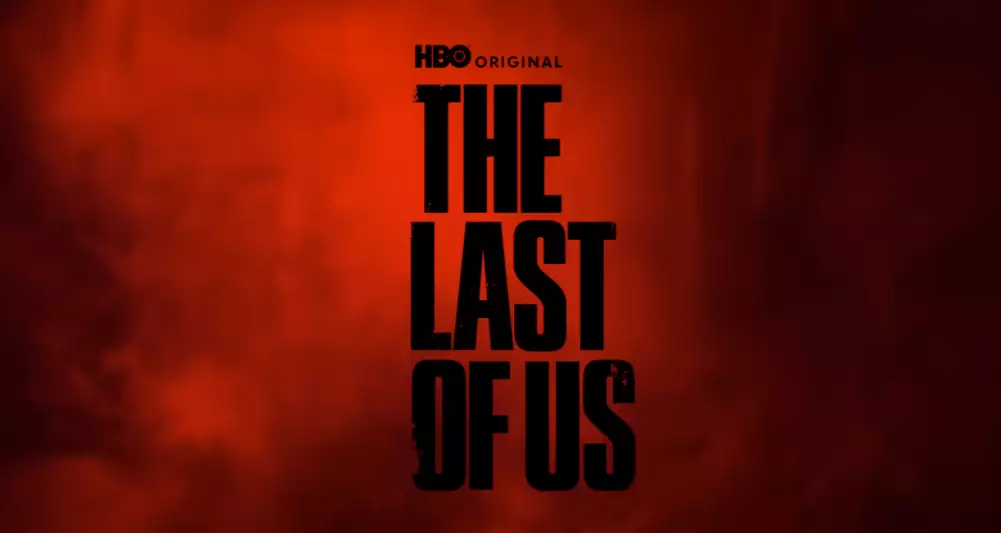HBO’s adaptation of the critically acclaimed video game, The Last of Us, continues to captivate audiences, not just through its narrative depth but also via unexpected cameos that bring surprising layers to the story. In the latest episode, viewers were treated to a brief yet poignant performance by Nickelodeon veteran Josh Peck, best known for his comedic roles in shows like Drake & Josh. While his appearance primarily serves as a flashback that sets the grim tone for the unfolding narrative, it raises intriguing questions about identity, roles, and the emotional spectrum of a post-apocalyptic landscape.
Peck’s character, Janowitz, is a FEDRA soldier in a dire world where humanity clings to remnants of its former civilization. The character’s few minutes on screen are packed with a biting monologue that reflects the moral decay in a society that has broken down. When Janowitz discusses detaining “voters”—a derisive term for quarantined survivors stripped of their rights—his words reveal the oppressive machinery of a regime that uses dehumanizing language as a shield for its violent actions. This moment imbues the series with a stark commentary on the fragility of human rights in times of disaster, underscoring how the chaos of war can warp individual ethics.
Theatre of Absurdity: Dark Humor in a Grave Context
Accompanying Janowitz’s menacing yet ridiculous dialogue is a sense of macabre camaraderie among the FEDRA soldiers, demonstrated through their derisive humor. The punchline delivered by his comrade, Greenberg, concerning the detainment of a survivor becomes emblematic of the absurdity of their situation. This dynamic raises discomforting reflections on how humor can serve as both a coping mechanism and a tool for further desensitization in dire circumstances. Peck comments on this duality, acknowledging how war catalyzes drastic changes in behavior—phrasing it in a way that evokes sympathy for the character’s internal conflicts while simultaneously painting a picture of moral decay.
Within this grim context, Peck’s performance stands out because it juxtaposes his comedic background against a brutally dark theme. This clash allows audiences to engage with the dissonance between the actor’s past roles and the sobering reality depicted in the series. An actor often pigeonholed into a specific box suddenly demonstrates versatility that surprises viewers, challenging them to reconsider their perceptions.
Character Evolution and the Art of Betrayal
The narrative quickly turns chilling as we learn that Isaac, played by Jeffrey Wright, is a double agent poised to betray his own. This plot twist reveals not just a betrayal of individuals in the van, signifying a larger commentary on loyalty and trust in times of survival but also the complex layers that define each character within the narrative. As Isaac locks Janowitz and the other soldiers inside the military vehicle, setting the stage for a jarring turn of events, it solidifies the show’s overarching theme—the fight for the soul of humanity amid chaos.
Peck shares that his decision to take on a serious role like this came after a period of contemplation. His reflection on working alongside a skilled ensemble emphasizes the stark contrast between superficial entertainment and the gravity of profound storytelling. As he interacts with actors immersed in heavier themes, he finds clarity and fulfillment, reinforcing the notion that even within adversity, artistic collaboration breeds revitalization.
A Sign of the Times and Oncoming Seasons
With three episodes remaining in Season 2 and a confirmed Season 3 on the horizon, audiences are left pondering not just the destiny of their beloved characters but also the continuous relevance of such narratives in a world fraught with division and moral ambiguity. The success of The Last of Us serves as a reminder that in times of despair, stories like this can illuminate essential truths about human nature, relationships, and the struggle for understanding amid the chaos.
In this tumultuous cultural landscape, the strides made by actors like Josh Peck, who are willing to step outside their established genres, are essential. It challenges viewers to grapple with the human experience in its entirety, highlighting the complexity that exists even among fleeting characters brought in to serve as catalysts for larger narratives.


Leave a Reply